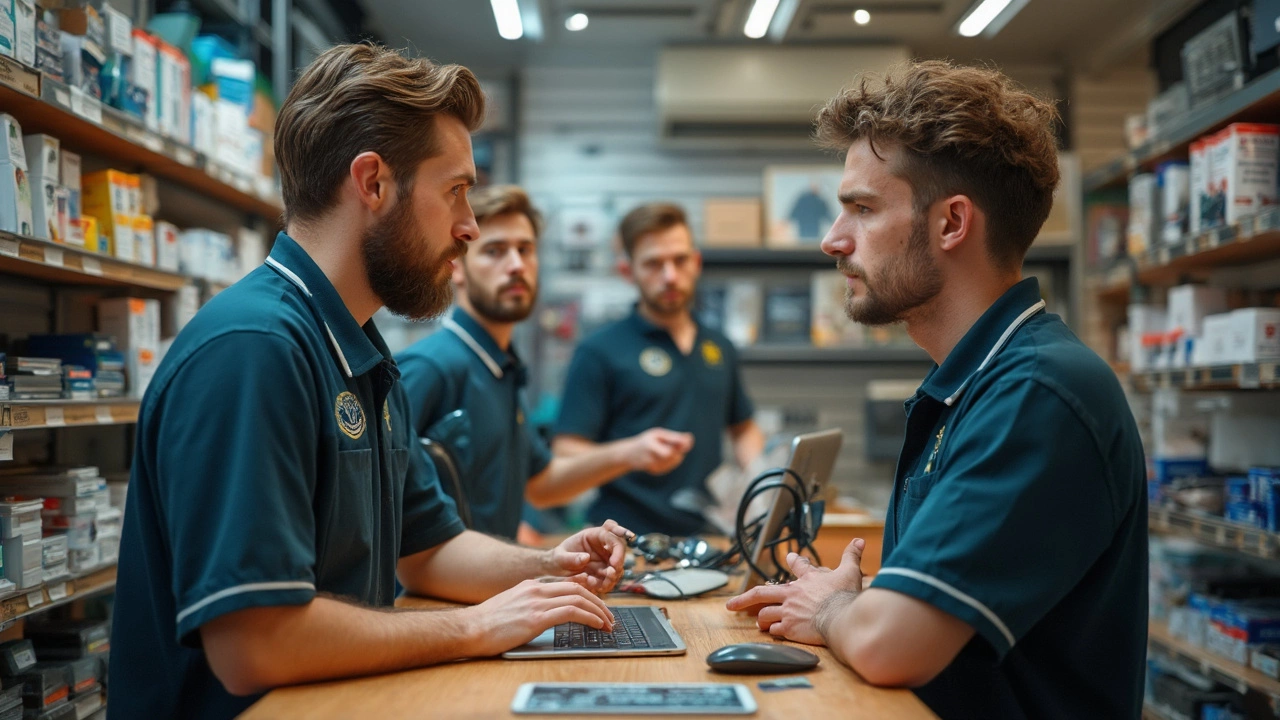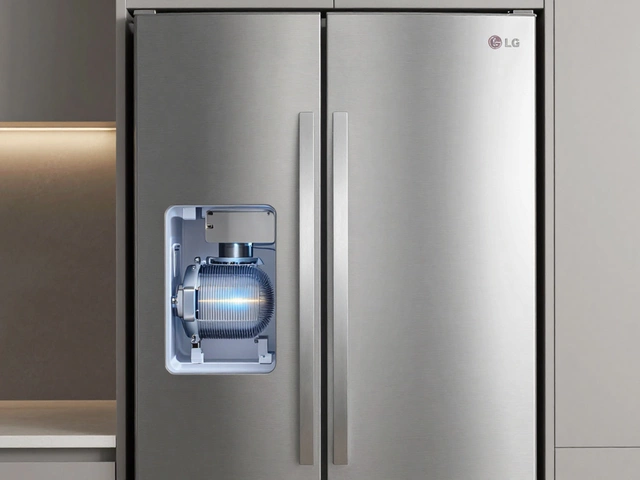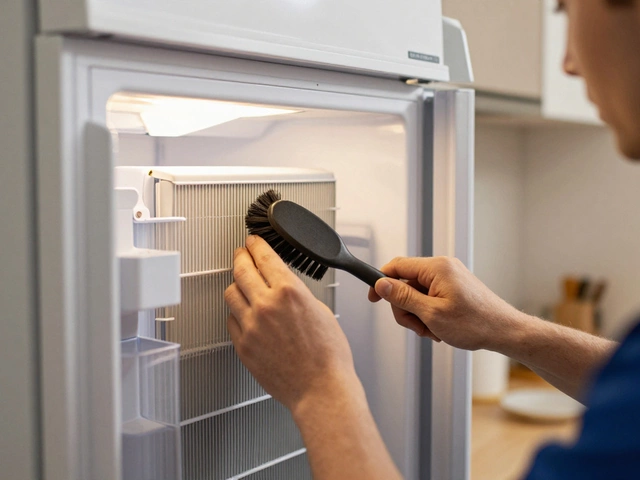Repair Shop Safety: Keeping Your Appliance Service Secure
When working with repair shop safety, the practice of protecting workers and customers while fixing appliances. Also known as service shop safety, it appliance repair, fixing household machines such as washers, ovens and refrigerators that follows strict health and safety, legal standards that reduce accidents in the workplace. The core of personal protective equipment, gloves, goggles, ear protection and fire‑resistant clothing is to create a barrier between hazards and the people handling them. Together, these concepts form a safety net that lets technicians work confidently on everything from gas hobs to electric ovens.
Core Elements of a Safe Repair Shop
First, a solid risk assessment sets the stage: identify the most common dangers—electrical shock, gas leaks, heavy components, and sharp blades. Once the risks are mapped, match each one with a control method. For electrical work, lock‑out/tag‑out procedures and insulated tools are non‑negotiable; for gas appliances, a certified gas‑safe engineer must verify connections before any test‑run. Next, enforce the use of PPE at every job site; a simple pair of insulated gloves can prevent a painful shock, while a face shield stops debris from a broken toaster oven. Training is the other pillar: technicians need up‑to‑date knowledge of the latest appliance models, the correct torque settings for refrigerator compressors, and the legal limits for working on live circuits. Finally, keep a tidy workspace—clean spills, secure cords, and store tools in designated bins—to avoid slips, trips and falls.
Compliance with local regulations ties all of this together. In the UK, the Health and Safety at Work Act and the Gas Safety (Installation and Use) Regulations dictate inspection frequencies, documentation, and who is qualified to carry out certain tasks. Ignoring these rules not only raises the chance of injury but also exposes the business to hefty fines and insurance hikes. When a shop follows the rulebook, customers notice the difference: quicker diagnoses, fewer repeat calls, and a reputation for reliability. Below you’ll find a curated set of articles that dive deep into topics like gas boiler emergencies, safe DIY oven fixes, and how to choose the right extractor fan—each one illustrating a piece of the safety puzzle.
Ever wondered if it’s risky to drop your laptop off at a repair shop? This article breaks down what actually happens to your laptop at the shop, the real risks you need to think about, and how you can protect yourself. You’ll get clear tips for keeping your data safe and learn what good repair shops do to build trust. We'll also dig into your rights as a customer—what to ask, what to expect, and what to avoid. If you care about your laptop and your privacy, you’ll get answers to all the big questions here.


